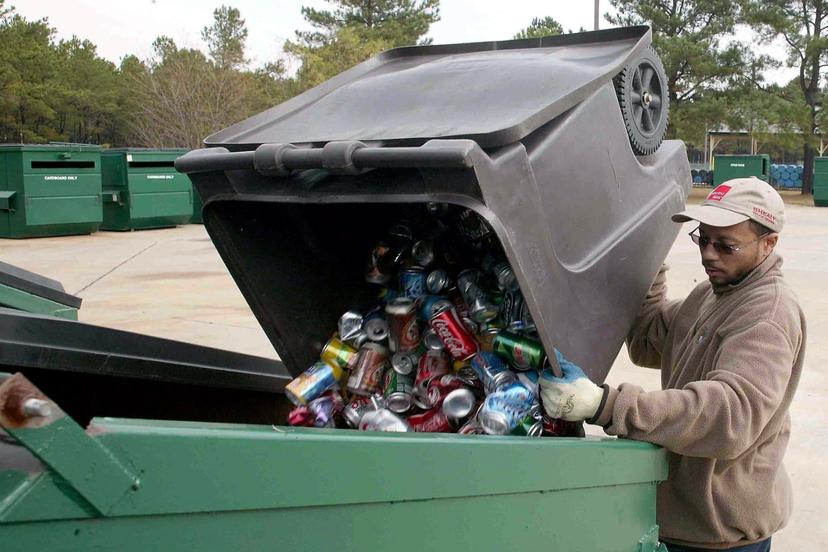Waste Management

Structure
Waste management is an enormous industry encompassing workers who handle waste in its various forms and stages of treatment or disposal. Waste management workers, from refuse collectors who cover every street across the nation to scientists in labs who devise better ways to reduce pollution, work toward a common goal: preserving human health and the environment.
The field of waste management can be divided several different ways. Workers may work with hazardous waste or nonhazardous waste; they may be employed in the private sector or the public sector. Waste management careers may focus on air, water, or soil concerns; waste produced by industries; or government agency regulation of such industries. The choices for those who are interested in the field are varied, as are the requirements for various types of jobs.
Employment opportunities exist with private waste-handling firms like the giant Waste Management, Inc. and with smaller, independent collectors, haulers, and processors. There are jobs on in-house staffs of generators of high volumes of waste including chemical, food, and metals manufacturers. Other employers include state and regional EPA authorities, local municipal authorities, engineering consulting firms, and emergency response companies.
Disposal Companies
Regulations for solid and hazardous waste state how companies must transport, treat, and dispose of waste. As a result, special companies have evolved that do nothing but dispose of other companies' waste for them. Multibillion-dollar companies such as Waste Management Inc. (WMI) own operations across the nation and employ many types of waste management professionals.
Industry
Today, large industrial firms and others that generate significant amounts of waste are likely to have their own in-house environmental staffs to ensure their companies are in compliance with waste-related environmental regulations. The environmental staff at a large company may include scientists, engineers, technicians, attorneys, and communications professionals. Smaller companies may have a professional or two on staff or hire out all their work to consultants. Industry has sunk billions of dollars into waste-management and other compliance.
Consultants
Consulting companies advise other companies how to handle solid or hazardous waste problems, design waste-management plans and provide manpower to carry them out, and provide routine waste-management monitoring and consulting. Some large consulting firms have their own testing and laboratory services. There are more than 100 large environmental consulting firms in the United States, plus thousands of smaller operations, including many one-person outfits.
Emergency Response Companies
A few companies specialize in handling emergency waste-management situations, such as when there's a tank fire or a train collision producing leaking toxic and flammable chemicals. The work is extremely hazardous and involves a lot of liability, which is why there aren't many emergency response companies. Large private industrial companies, such as DuPont and Dow Chemical Company, usually have their own in-house response teams.
Federal Agencies
The EPA is just one federal government agency that uses solid and hazardous waste management experts and technicians. The U.S. Forest Service, National Park Service, Bureau of Land Management, and Fish and Wildlife Service all have waste management needs and employ scientists and other professionals accordingly. The government contracts with private waste management consultants and firms for some projects, such as for cleanups of government-owned hazardous waste sites.
State and Local Agencies
Jobs include state regulatory and inspection officials; state EPA scientists, engineers, technicians, and other professionals; and administrators, engineers, technicians, and laborers in municipal public works departments, at municipal water plants, and at other public facilities. Local authorities have long been responsible for handling municipal solid waste. There also is a trend now toward increased work in hazardous waste management at the local level by states and counties or municipalities.
Another area is international waste management work. As the United States learns to manage and control its own wastes, it is also starting to sell its expertise abroad in places, such as Eastern Europe and the Middle East. Some of the large U.S. waste management and engineering/environmental consulting firms work all over the world.
